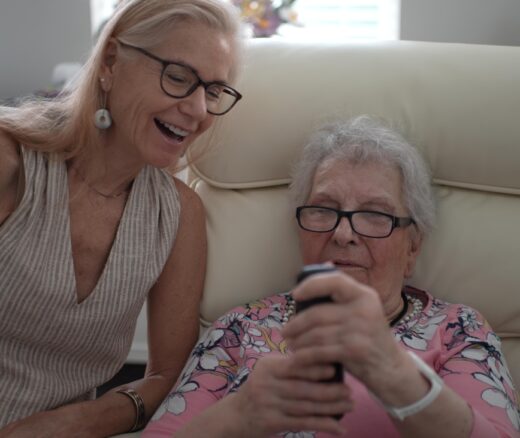
Reforming Long-Term Care Policy
Lessons from the Past, Imperatives for the Future
Improving Care for Older Adults
In Their Own Words

The following excerpt is from an Expert Opinion originally published in the Philadelphia Inquirer on November 12, 2025.
A revolutionary test is transforming dementia care. Days after a simple blood test, a person with dementia can learn whether they have Alzheimer’s disease. At least six companies sell these tests direct-to-consumer; no doctor’s appointment is needed. For a few hundred dollars, an online shopper can order an at-home Alzheimer’s biomarker test.
Is Alzheimer’s ready for “direct-to-consumer” testing like COVID and HIV? Our answer is no — not until problems of accuracy, privacy, and access to follow-up care are addressed.
Our concerns begin with test accuracy. The FDA guidance for Lumipulse, the first blood test the FDA approved to diagnose Alzheimer’s, emphasizes it should only be prescribed in settings such as a specialty clinic to a patient already showing signs of cognitive decline. This requirement lets a clinician decide whether this test is right for a patient. It also assures a patient that a positive test is truly positive, meaning the person has Alzheimer’s disease.
Unlike medications that require a doctor’s prescription, diagnostic tests can be sold without FDA approval, and other blood tests similar to Lumipulse’s are available online. This means a person can obtain a test without any guidance from a clinician.
This presents a problem. In the general population, such as the vast number of people who might want at-home testing, the likelihood of Alzheimer’s is much lower. So a large number of test results will be “false positives.” This means, many people whose result is “positive” don’t actually have the disease, and will require stressful and costly follow-up testing.
Read the full Expert Opinion here.



Lessons from the Past, Imperatives for the Future

Technology Helps Older Adults Stay at Home—But May Delay Necessary Transitions to Higher Levels of Care

Her Transitional Care Model Shows How Nurse-Led Care Can Keep Older Adults Out of the Hospital and Change Care Worldwide

New Therapies Inspire Hope, Even as Access and Treatment Risks Continue to Challenge Patients and Providers

Penn LDI Senior Fellow Yong Chen Is an MPI in the 10-Institution NIA Undertaking

Precision Diagnostics Give Patients Clearer Answers About What Drives Cognitive Impairment